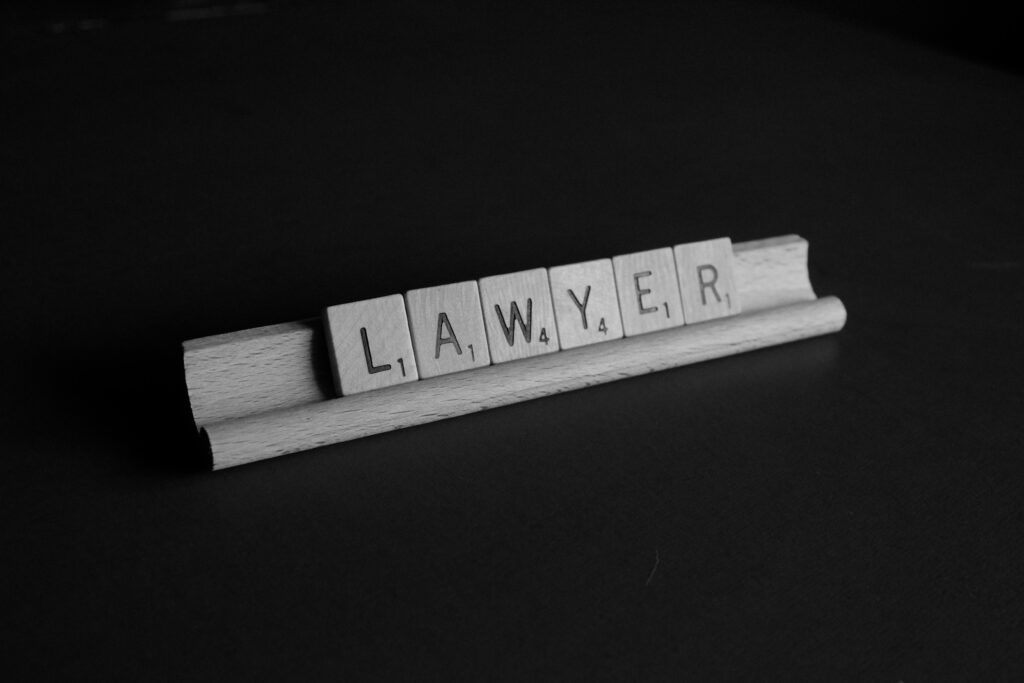FBI Warns of Fake “Crypto Recovery Law Firms” Preying on Scam Victims 🕵️♂️💸
-

The FBI has issued a new public service announcement warning crypto scam victims about fraudulent law firms offering to recover stolen funds.
 ️ The New Scam
️ The New ScamFake “crypto recovery law firms” are cold-contacting victims of past hacks or scams.
These groups request payments in crypto or gift cards — a major red flag.
Victims risk exposing personal data, financial info, and remaining assets.
“Be cautious of law firms contacting you unexpectedly, especially if you have not reported the crime to law enforcement.” — FBI notice
This update follows similar FBI warnings from Aug 2023 and Jun 2024, showing the persistence of this tactic.
 The Bigger Picture
The Bigger PictureAccording to CertiK, ~$2.5B in crypto was lost to hacks, exploits, and scams in H1 2025.
While some funds are recovered by exchanges or law enforcement, many victims are left vulnerable, making them prime targets for secondary scams.
 Enforcement & Seizures
Enforcement & SeizuresThe FBI is one of the key U.S. agencies handling crypto-related fraud and asset seizures.
Apr 2025: Dallas FBI seized $2.4M in BTC linked to a hacking group.
Jul 2025: Federal officials filed a claim to add these funds to U.S. holdings.
Treasury Sec. Scott Bessent: seized digital assets will help build a U.S. crypto stockpile, after victim compensation.
 Rising Physical Threats
Rising Physical ThreatsFinancial scams aren’t the only danger:
Criminals have also resorted to kidnapping victims or relatives to demand crypto ransom.
SatoshiLabs founder Alena Vranova estimates at least one Bitcoiner per week is targeted globally.
🧩 The Takeaway
The FBI’s warning underscores a harsh reality: once funds are stolen, there are no shortcuts to recovery — and scammers know it.
 Question: Should law enforcement build a verified, official recovery channel for crypto victims, or would that just give attackers another system to exploit?
Question: Should law enforcement build a verified, official recovery channel for crypto victims, or would that just give attackers another system to exploit? -
I think law enforcement should absolutely build a verified recovery channel. Right now, scammers thrive in the vacuum because victims don’t know where to turn. A clear, official portal with strict verification could save people from falling for these fake “law firms.” It won’t guarantee fund recovery, but at least it would cut down on secondary scams and give victims a trusted first step.
-
Honestly, I worry that creating a centralized “recovery system” would just create another attack vector. Hackers already impersonate law firms — imagine them impersonating the FBI recovery desk. Education and prevention might be safer than building another bureaucracy that could be gamed. Once funds are gone in crypto, chasing them is usually a losing battle.
-
Maybe the answer is a hybrid approach. Law enforcement should provide an official reporting + verification portal (so victims know where to go), but it should be clear that actual recovery is rare. At the same time, more collaboration with exchanges and blockchain analytics firms could increase the odds of tracing stolen funds. It’s not a perfect fix, but at least it reduces the confusion scammers exploit.
-
At the end of the day, prevention is the real solution. Secondary scams only exist because people are desperate after losing money. The FBI warning is a reminder: no legitimate recovery agent will cold-call you, ask for upfront crypto, or request gift cards. If you’ve been scammed once, don’t let it happen again. Education, safe custody, and skepticism are the only real defenses.

















